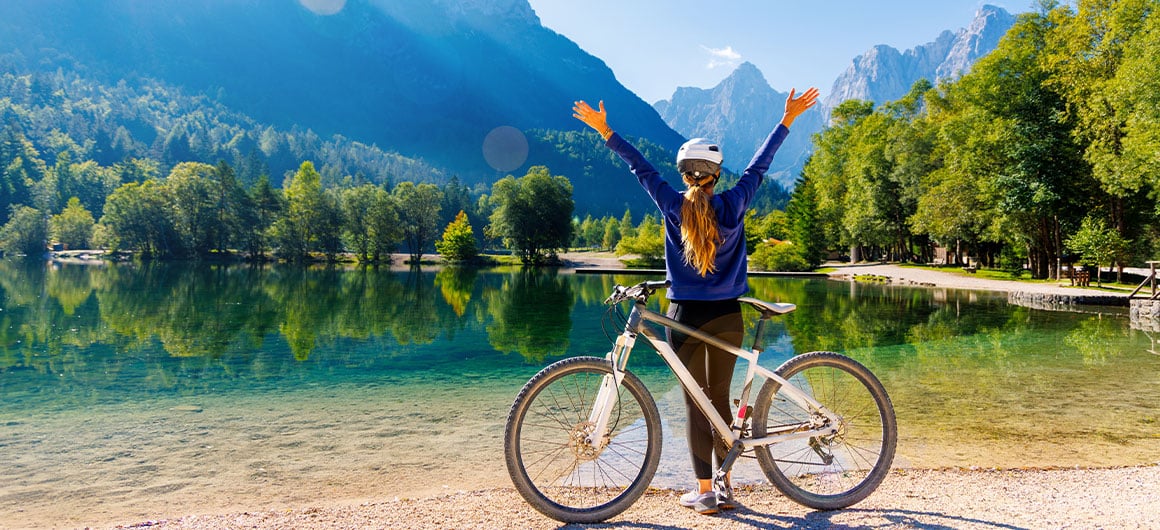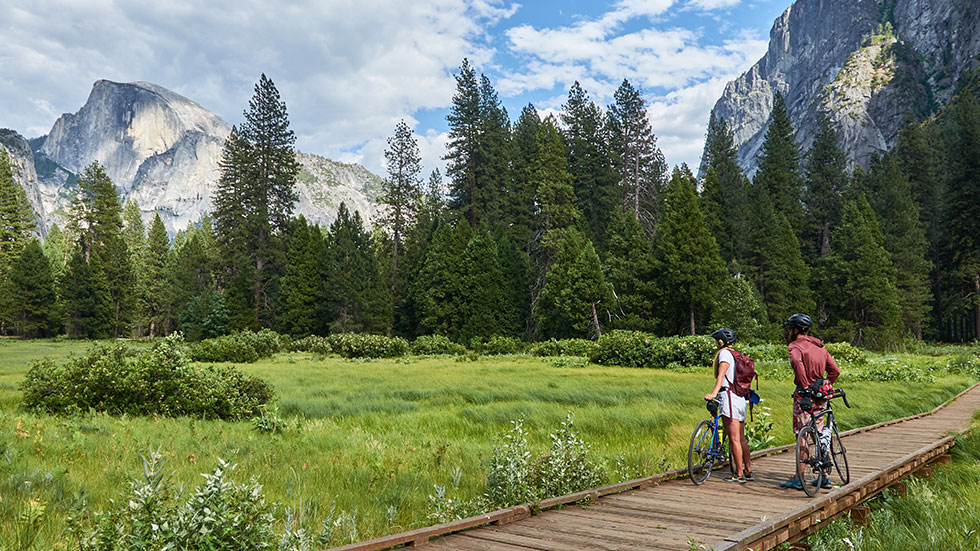Eco-Friendly Travel—What to Know About This Emerging Travel Trend
5 ways to be mindful of the environment and still enjoy your getaway

In an increasingly environmentally conscious world, eco-friendly travel has become more than just a trend—it's rapidly becoming a new standard in the travel industry. While travel can often be associated with heavy carbon footprints, recent shifts toward more sustainable practices are challenging this narrative as both travelers and travel companies embrace environmentally friendly approaches to vacationing.
This exciting, emerging trend provides an excellent opportunity for not only reducing harm to the environment, but also for enriching travel experiences, providing valuable education, and encouraging respect for the planet and its natural wonders.
Eco-friendly travel encompasses a wide range of practices that prioritize the environment, from choosing carbon offset flights to staying in eco-resorts, using travel companies that employ locals, to simply making mindful choices when exploring a new destination. Here are some key elements to consider as you embark on your eco-friendly travel journey.
Transportation
The transportation method you choose can significantly impact your environmental footprint. Consider taking trains or buses for long distances. These usually produce less carbon emissions than airplanes or private cars. When at the destination, use public transportation, rent bicycles, or simply walk. Economically speaking, these options often save money and provide a more immersive experience.

Accommodations
Eco-friendly accommodations, from eco-lodges to green hotels, are becoming more popular. These establishments are often designed with sustainability in mind, using renewable energy, recycling programs, and locally sourced food. Researching and booking these accommodations reduces the environmental impact of your stay.
Local experiences
Participate in local experiences and support small local businesses. This not only provides valuable cultural education but also sustains local economy and respects the environment.
Travel behavior
Respect for local ecosystems is crucial to eco-friendly travel. Stick to designated trails, pack out what you pack in, use reusable shopping bags and water bottles, and reduce consumption whenever possible.

Eco-friendly tour providers
Many tour operators are now endorsing sustainable practices. Look for those who are committed to responsible travel, provide fair wages, and employ local resources.
Environmental consciousness has also given rise to a novel concept called "greenwashing," where companies may claim to be eco-friendly without substantiating their claims. It's important to be cautious and perform your due diligence when choosing eco-friendly travel providers. Look for certifications from reputable organizations like Green Globe or EarthCheck when deciding to deal with a company.
One of the biggest advantages of eco-friendly travel is that it often leads to a more meaningful and unique travel experience. By being mindful of the environment and local communities, you can better immerse yourself in the culture and leave a positive impact on the place you’re visiting.
Finally, remember that everyone's travel habits contribute to the state of the environment. While one person's actions might seem insignificant in the grand scheme of things, collective efforts can make a substantial difference in preserving our planet for future generations to enjoy. Begin with small changes and gradually incorporate more sustainable practices—not only in your travel plans but also in your everyday life.
With conscious effort, we can ensure that travel continues to be a source of joy and growth without compromising our environment's well-being. Eco-friendly travel is not merely a trend—it's the future of responsible tourism.
